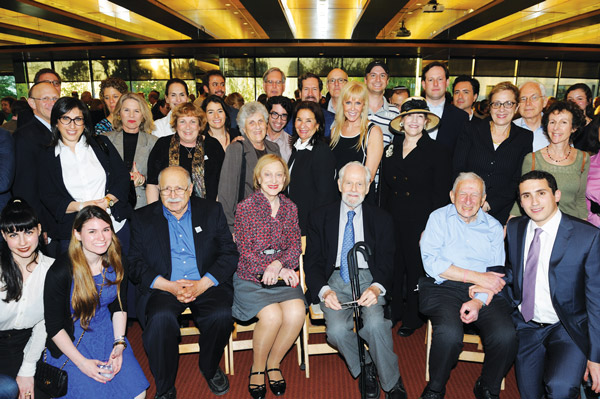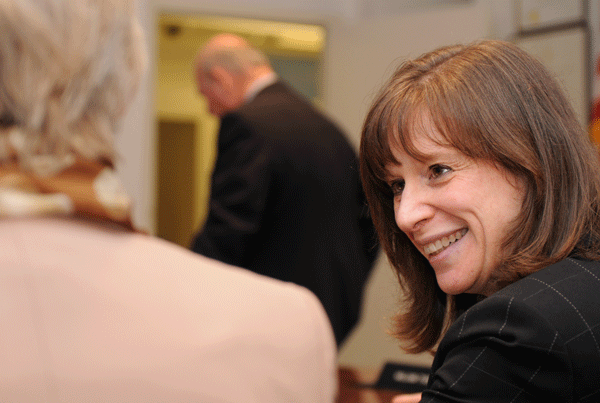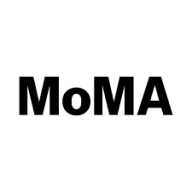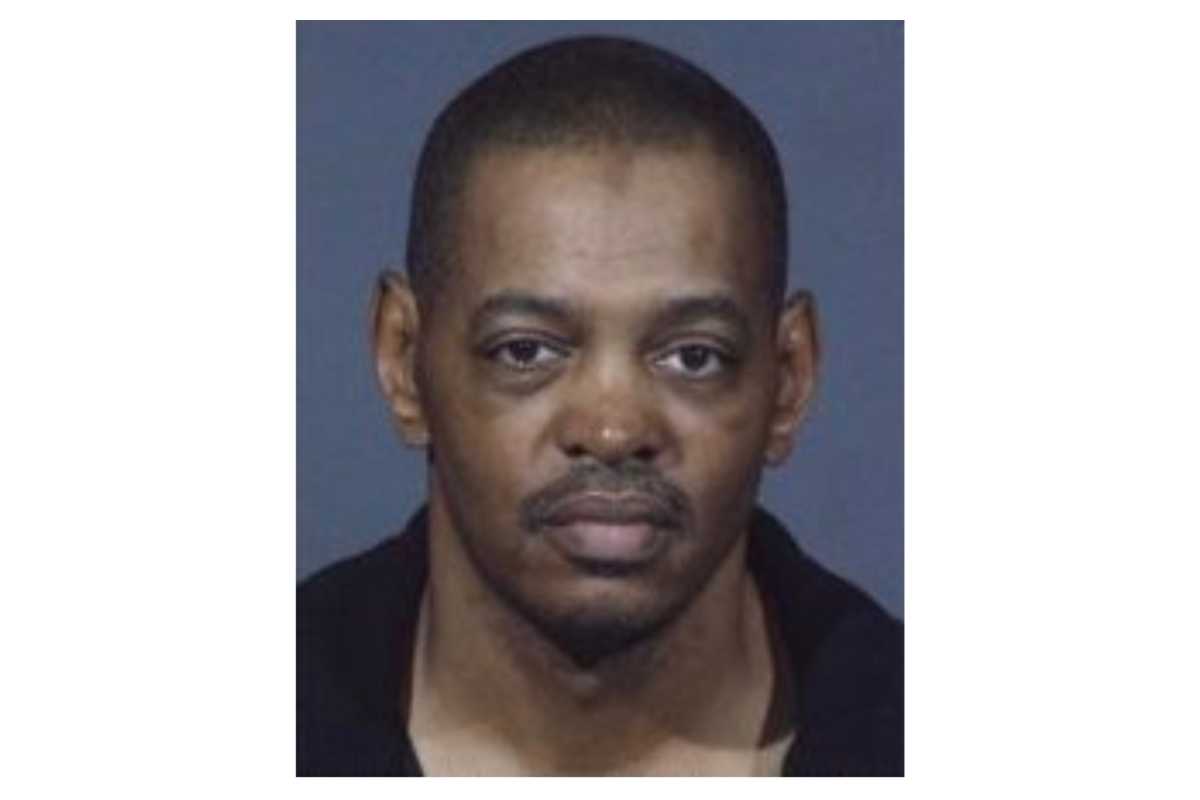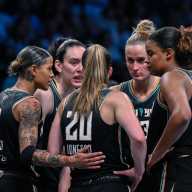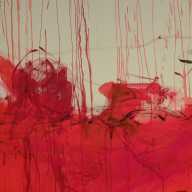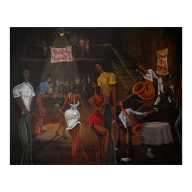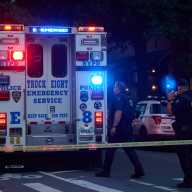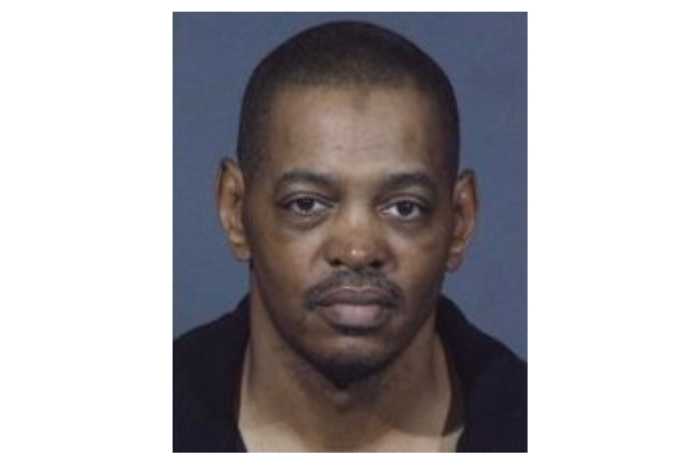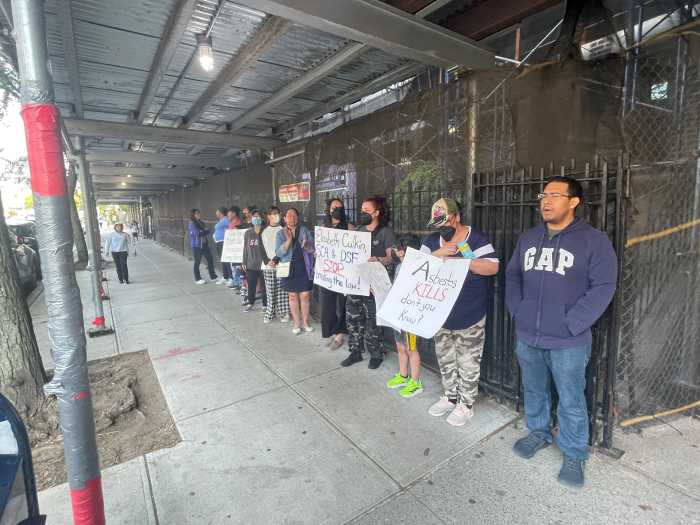A virtual presentation highlights the writings and voices of the Holocaust’s youngest victims through their diary entries.
To commemorate International Holocaust Remembrance Day and the 76th anniversary of the liberation of Auschwitz on Jan. 27, The Museum of Jewish Heritage — A Living Memorial to the Holocaust presented “18 Voices: A Liberation Day Reading of Young Writers’ Diaries From The Holocaust.” The presentation was narrated by Tony Award-winner Liev Schreiber, features young actors and public figures reading diary excerpts written by young teenagers who lived during the Holocaust.
The presentation was curated and written by Alexandra Zapruder, author of “Salvaged Pages: Young Writers’ Diaries of the Holocaust.”
“This was a part of decades of work on my part. I started researching diaries of teenagers during the Holocaust in the early 1990s, that was about 10 years of research that led to my book,” said Zapruder. “Since that time, there has been a new paperback edition, a new documentary film, more educational, and an exhibition. It has really evolved, we have been able to take this core subject of the writings of young people and adapt it for different audiences.”
Zapruder says that “18 Voices” is the latest iteration of her decades-long research on the subject — she curated a children’s exhibit called “Remember the Children, Daniel’s Story” for the United States Holocaust Memorial Museum in Washington, D.C., where she was a founding staff member. It was while she curated that exhibit that she really took a deep dive into the diaries that were kept by teenagers during that time period.
“I was asked to look at diaries by teens for the exhibit. As I started reading, I was just completely amazed by these writings,” said Zapruder. “Their voices were so unique and distinct and they raise provocative questions in the diaries. The added details give a fresh look at daily life during the Holocaust. I found it fascinating, young people are so interesting.”
In her research, Zapruder was interested to see that the teens would often write about some of the mundane aspects of living in the ghettos as well as their concerns regarding the Nazis and the war.
“Daily life and daily concerns did persist in the context of the ghettos. People fought with loved ones, there are fights with friends, it’s kind of the daily business of growing up,” said Zapruder. “It’s a reminder that there are certain experiences that still endure. These teens still had to go through the process of becoming adults, even if they didn’t live in the end. You are not exempt from that experience because you are living through a war.”
The script of “18 Voices” was read by 18 actors and public figures, including Mayim Bialik, Mandy Gonzalez, Arielle Hader, Daniel Kahn, Adam Kantor, Telly Leung, Caissie Levy, Stephanie Lynn Mason, Zalmen Mlotek, Amit Rahav, Eleanor Reissa, Yelena Schmulenson, Alexandra Silber, Abby Stein, Danny Strong, and Michael Zegen. Each person lent their individual voice to each entry, bringing the teens’ worries and experiences of living in the ghettos to the forefront.
Zapruder was thrilled with how the speakers brought the writings to life — she says that reading from these first-hand experiences brings so much more nuance to the time period that you won’t get from a history book.
“The reality of the lived experience is so much more nuanced and these diaries capture that complexity,” said Zapruder. “When we study the Holocaust and study it from 50, 60, 70, 80 years later, things get reduced often to their simplest elements. But when you go back into the diaries, you see people living fully in their own time and the diaries reanimate that, it shows how much nuance is lost. Looking back at history can be flat, but looking at primary sources makes it come alive in a different way.”
Zapruder hopes that those who watch “18 Voices” will connect with the teens whose writings are shared and be able to see the humanity in these voices.
“I would like people to hear what these young writers had to say about their lives and consider the humanity of these people, which was are lacking in these days,” said Zapruder. “We really should acknowledge the humanity of people who are not us. The more we practice that, the better we will be.”
To watch “18 Voices,” visit mjhnyc.org/watch-18-voices.




